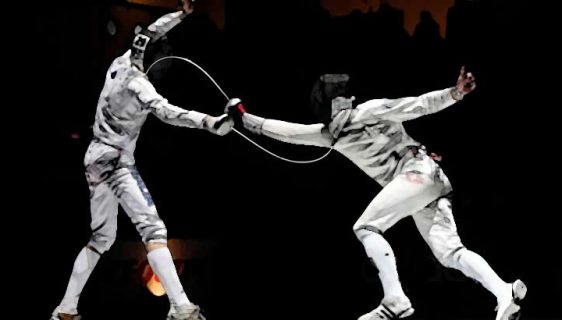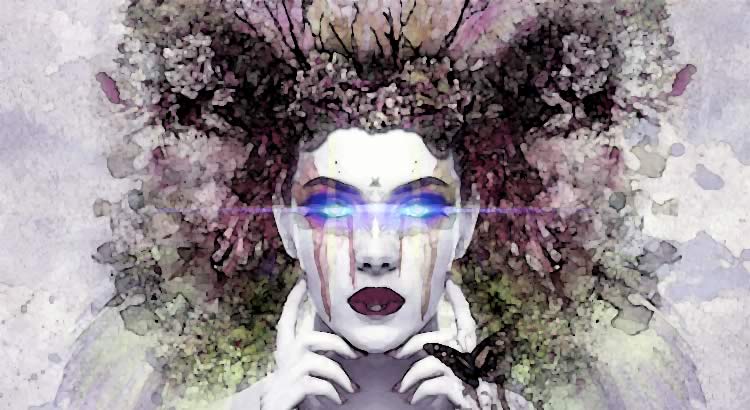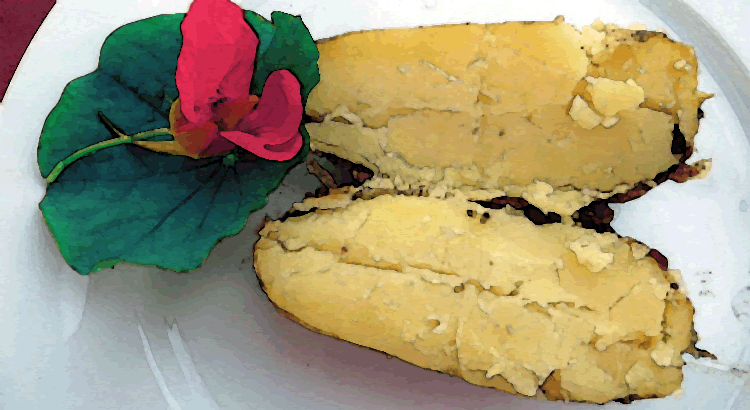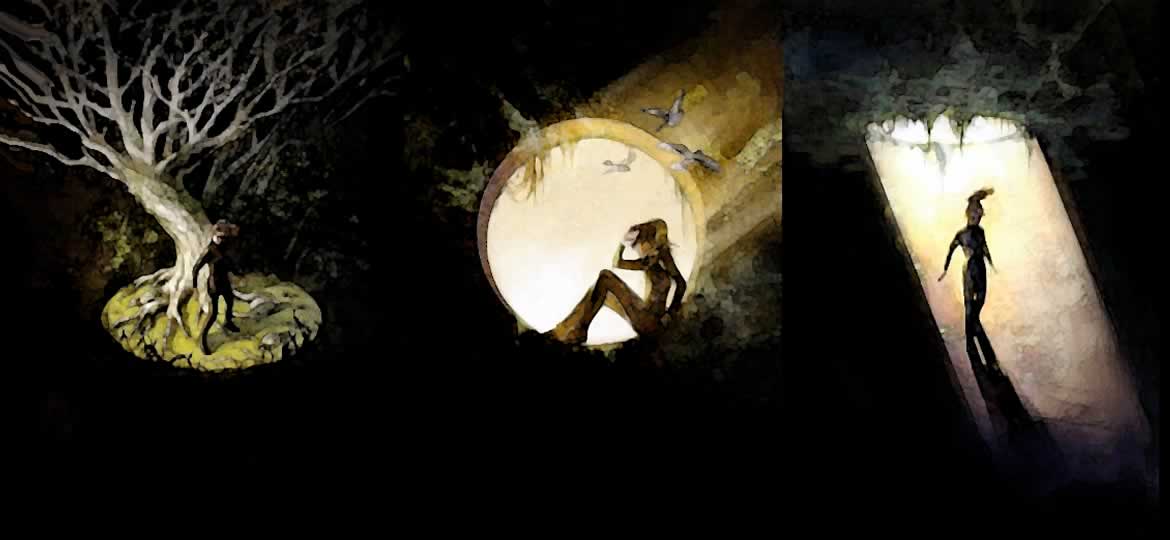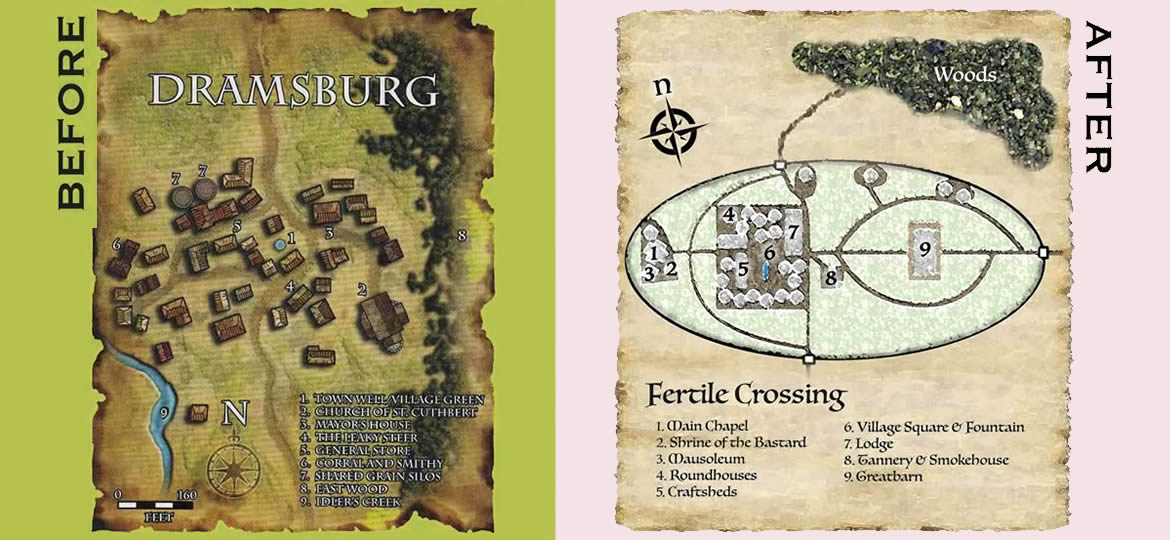In traditional 4e, the skill system is a simple closed, point-buy system. There is an enumerated list of non-combat abilities (skills), and you invest in a subset of them by choosing which skills
In the last post, Power Sources I: Polishing a Half-baked Idea, I described my general approach to creating a power system as part of making a D&D 4e homebrew. So, let's walk through the
In D&D 4e, the developers categorized classes in terms of combat role (controller, defender, leader, and striker) and power source (arcane, divine, martial, primal, and psionic). The compulsive
"Good artists copy. Great artists steal." - Steve Jobs As a compulsive homebrewer/worldbuilder and a compulsive reader, I like to read books and then use their ideas in creating worlds or mechanics
I was getting ready for a new adventure recently, and I came across “The Automatic Hound” by James Lafond Sutter in Dungeon Magazine #148. It's a tidy, low-level module that starts with a town

